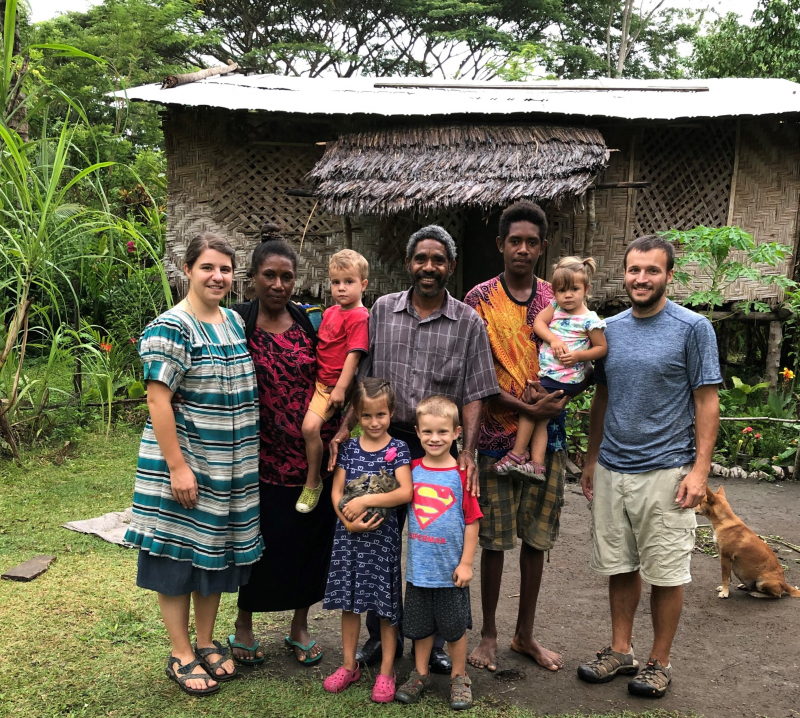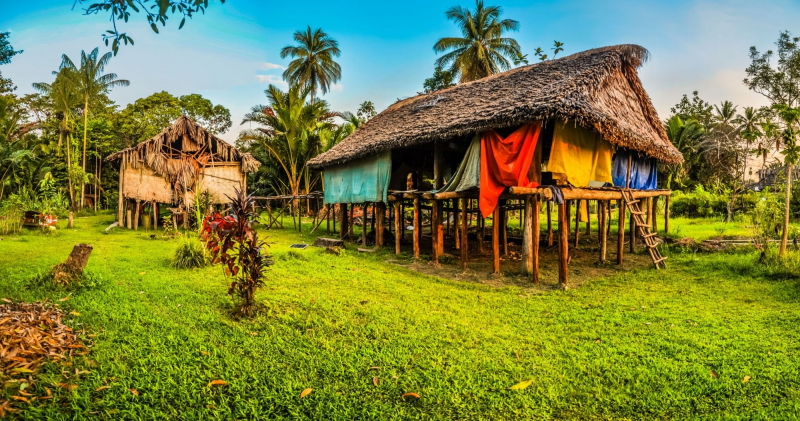Family Structure
Traditionally, extended families in Papua New Guinea dwell in the same house. The values of family obligation and reciprocity are vital to Papua New Guinean society, as are strong family relationships and a feeling of duty. It is customary for younger family members, particularly women, to care for older relatives.
Women have lower status than males in traditional Papua New Guinean society. Women are not allowed to confront males in public and are only considered as existing to serve men once married. Gardening, childcare, and animal care are commonly assigned to women. In both towns and villages, men who participate in what is commonly seen as "women's labour" might be labeled as "rubbish men". Women may not be stigmatized in this way, but they may face prejudice if they appear extremely strong, independent, or if they confront males in public.
As part of their commitment, many Papua New Guineans are obligated to send money and commodities to their family in the countryside. They are also expected to visit relatives and friends on a regular basis, however this gets more difficult as individuals get older.









